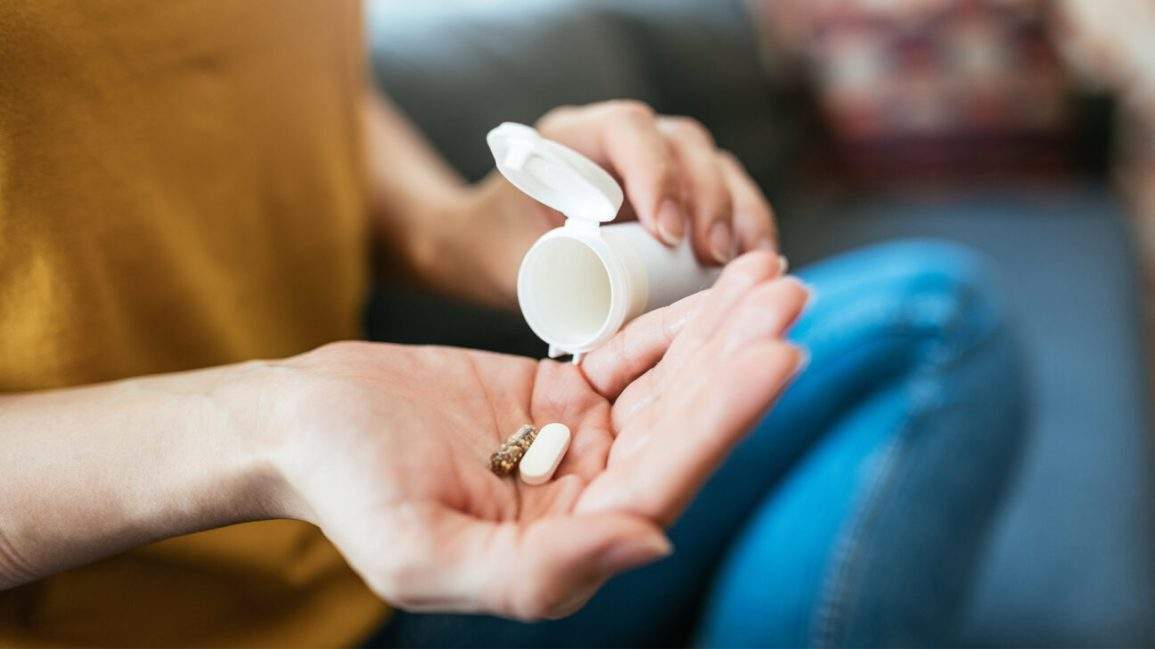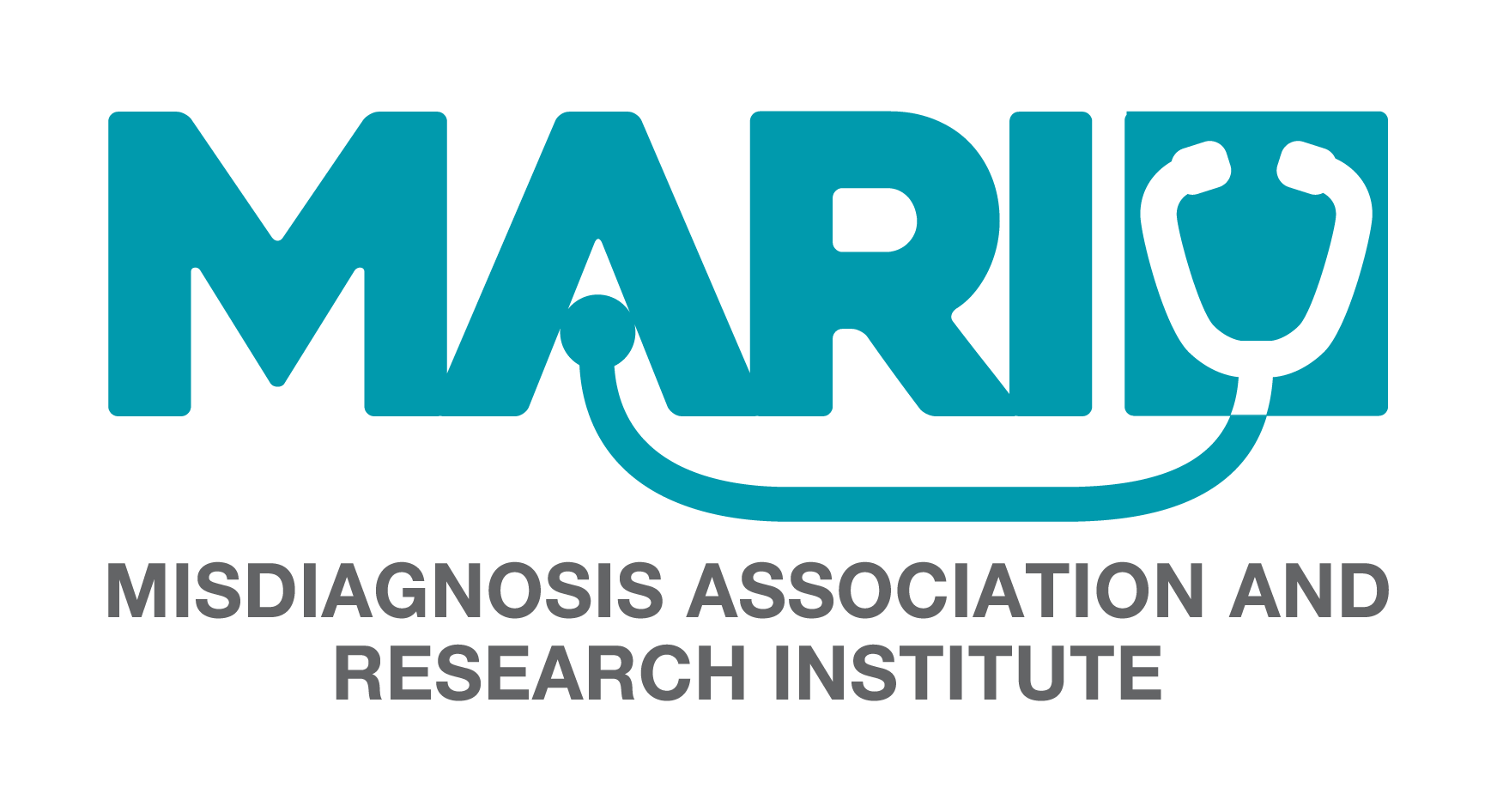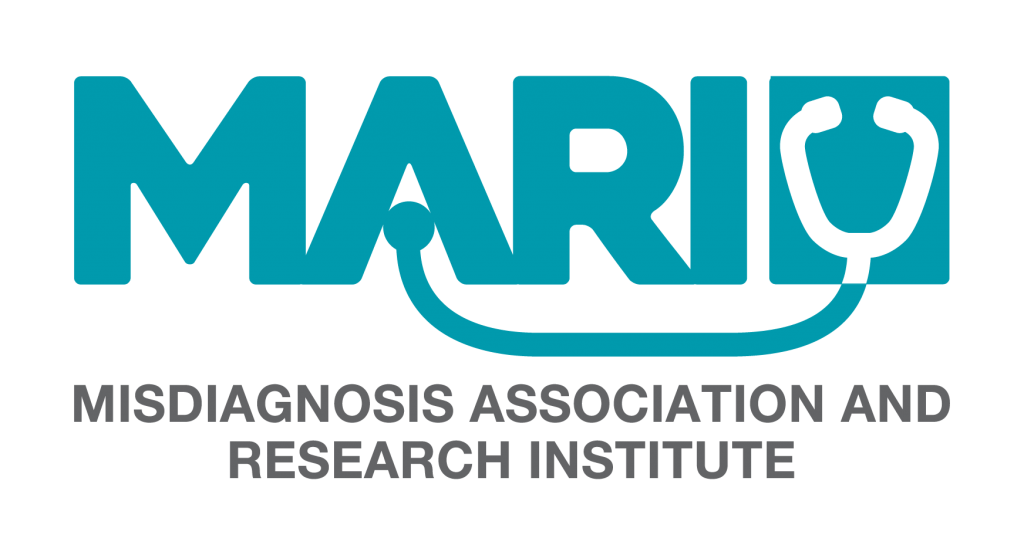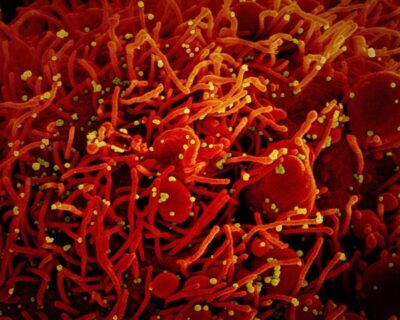
A Daily Pill to Treat COVID-19 May Be Available Soon
- COVID-19 is now being tested with several oral antiviral medications.
- Merck will seek emergency use authorization for its daily tablet after a clinical
- trial revealed that its medicine molnupiravir decreased the risk of
- COVID-19-related hospitalization or death by half.
- The pills, according to proponents, would give people an easy and accessible option to address COVID-19 symptoms.
- Others, on the other hand, claim that creating antiviral medications for other infections
- like the flu has proven to be more challenging than expected.
COVID-19 treatment could be as simple as taking a daily tablet for some people.
Several COVID-19 oral antiviral therapies are being developed,
one of which may be accessible shortly.
After a successful phase 3 clinical trial, Merck and Ridgeback
Biotherapeutics officials plan to seek emergency use authorization (EUA)
from the Food and Drug Administration for its molnupiravir medication.
Molnupiravir lowered the risk of hospitalization or mortality from COVID-19 by 50% for trial
participants with mild to moderate symptoms who took the medicine compared to those who received a placebo, according to company officials.
“With these encouraging results, we are optimistic that molnupiravir will play a significant
role in the global fight against the pandemic,” said Merck CEO and President Robert M. Davis in a statement.
The clinical trial results and their significance were explained by Dr.
Monica Gandhi, MPH, a professor of medicine at the University of California, San Francisco.
She told Healthline, “Molnupiravir is an antiviral (nucleoside analog) originally meant to be a broad-spectrum antiviral against numerous viruses by suppressing viral reproduction.” “Molnupiravir inhibits replication of SARS-CoV-2,
the agent that causes COVID-19, in the test tube,
so it was tested first in a phase II trial,
which found that those who received 800 mg molnupiravir twice
daily had a shorter time to viral RNA clearance and a higher proportion
of participants (92 percent) overall achieved viral clearance.”
“The drug was then tested in a phase 3 trial of outpatients with mild to moderate COVID-19
who had at least one risk factor for developing the severe disease to see if it worked to prevent hospitalization or death,
and the interim analysis of the trial (775 participants out of 1,500 enrolled) was released today,” she continued. “
An interim analysis of the experiment (dubbed MOVe-OUT) revealed that
molnupiravir reduced the risk of hospitalization or death by 50% (7 percent of molnupiravir-treated patients were hospitalized or died by Day 29 (28/385),
compared to 14 percent of placebo-treated patients (53/377).
There have been no deaths in individuals who got molnupiravir through Day 29,
compared to eight deaths in patients who received placebo.”
“This is a very exciting finding for the first outpatient antiviral that is likely to
be approved for the treatment of mild-moderate COVID-19,
and the company has announced that it will file for a EUA,
with the government already approving the purchase of 1.7 million doses based on this positive finding,” Gandhi concluded.
Pfizer and Roche are also undertaking late-stage clinical trials on antiviral medicines that could be used to treat COVID-19
patients in the early stages.
These therapies might be available as soon as early next year if they receive emergency approval.
Antiviral medications are quite important.
Antiviral medicines, according to experts, are a key step toward containing and eliminating the COVID-19 pandemic,
as well as its transition to an endemic disease that is widespread but manageable.
Antiviral medications, which are already used to treat HIV, hepatitis C, and the flu,
among other illnesses, work by slowing viral reproduction, lowering viral loads,
and making people feel better while also making them less likely to spread the infection to others, according to specialists.
One antiviral medicine, remdesivir, has been used to treat COVID-19,
but it’s only for hospitalized patients with advanced instances of the disease,
whereas the new antivirals could be supplied at a drugstore without the need for a prescription.
Dr. Kelly McKee Jr., MPH, the chief scientific officer consultant on the clinical team for Revive Therapeutics’ FDA phase 3 trial for Bucillamine, an antirheumatic agent being tested as an oral COVID-19 treatment, said,
“These drugs have the potential to play a significant role in navigating the COVID-19 pandemic.”
“A ‘COVID-19 pill’ would try to inhibit virus replication to the point where the body’s natural defenses can successfully resist it,
reducing infection severity and preventing (or at least lessening the risk) of development to severe disease, hospitalization, or worse,”
McKee told Healthline.
“Moreover, depending on the safety profiles of one or more of these medications,
it may be able to prevent infections from emerging in patients who are at high risk of infection,” he added.
“A crucial strategy that supports vaccination and nonmedical measures (e.g., masks, physical distance, frequent handwashing),”
he said of the development of such medications.
It’s not a cure-all.
These antiviral therapies are not universally regarded as game-changers.
“Developing novel antivirals during a COVID-19 pandemic isn’t as simple as it appears,”
said Ravi Starzl, Ph.D., an adjunct professor at Carnegie Mellon University in
Pittsburgh and co-founder and CEO of BioPlx and Firebreak Inc.
“Attempting to develop antivirals to cure the flu or influenza has proven incredibly
challenging, as viruses are efficient little engines of destruction,” Starzl told Healthline.
Only ten of the more than 220 viruses known to infect humans have clinically
authorized antiviral medications, according to him. They can also have significant side effects, limiting their overall utility.
Kristen Nichols, PharmD, a senior content management consultant
specializing in pediatric infectious illnesses at Wolters Kluwer, concurred.
She told Healthline,
“There isn’t a lot of history of identifying excellent antivirals that modify the course
of upper respiratory tract infections in otherwise healthy people.
” “Even the efficacy of Tamiflu isn’t always evident.
The highest efficacy is usually shown if the medicine is started early in the illness before the virus has had a lot of time to replicate.”
Still, makers hope to focus these COVID-19 medicines on early intervention.
And taking a tablet rather than an injection makes this easier.
“It would be fantastic if such a medicine could be proved to reduce COVID
transmission and hospitalization risk since this would alleviate some of the pressure/overcrowding that hospitals are currently experiencing,” Nichols added.
“It could also help those with mild to moderate illness back in the workforce more quickly,” says the author.
“We need to see peer-reviewed findings of research for these medications before we make any conclusions,”
she said. Right now, we’re relying on manufacturer press releases, which are prone to bias.”





